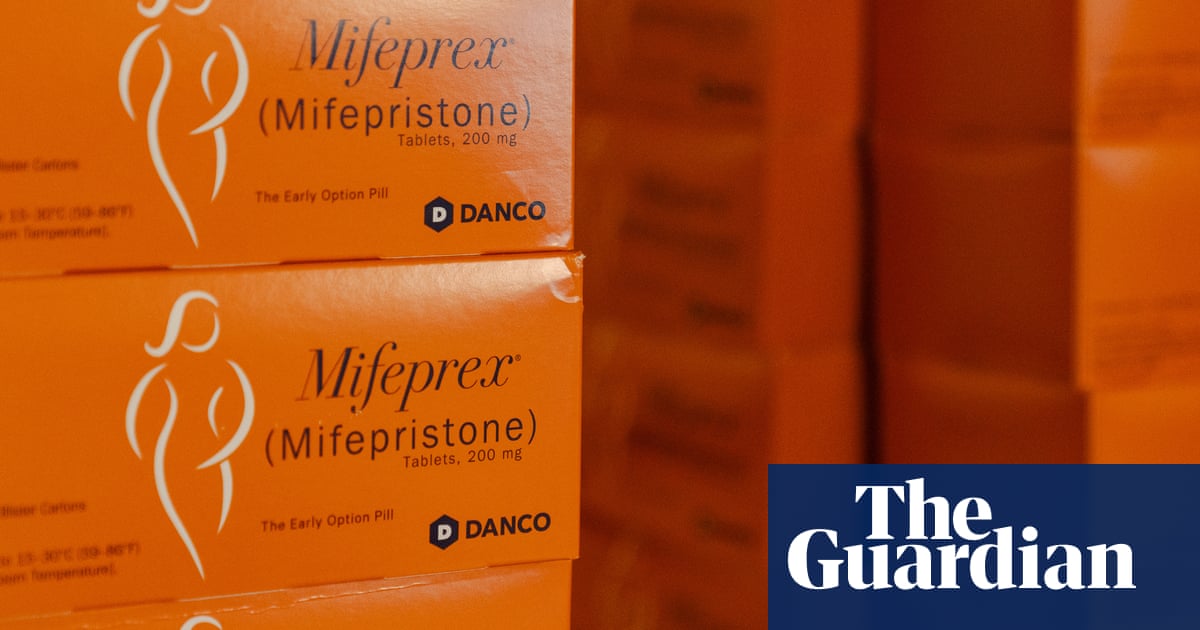Louisianais investigating aNew Yorkdoctor over accusations that she mailedabortionpills into the state, Liz Murrill, the state attorney general, said on Monday. The case marks the second investigation into the doctor, Margaret Carpenter, who Louisiana hadindicted earlier this yearfor allegedly prescribing abortions pills via telehealth to a Louisiana resident.
“The young woman was 20 weeks pregnant,” Murrill said. “She and her boyfriend after she gave birth took the baby, wrapped it in a towel and threw it in a garbage can.”
Murrill said that police in Shreveport, where the abortion allegedly took place, were investigating the incident alongside her office. A spokesperson for Murrill’s office did not immediately respond to a request for comment or documentation of the case.
The couple ultimately went to the hospital, according to Murrill. Medical experts widely agree that it is safe to “self-manage” your own abortion using pills in the first trimester of pregnancy. However,these pills can also safely inducean abortion in the second trimester of pregnancy. Doctors Without Borders offersguidelineson how to use abortion pills through 22 weeks of pregnancy.
Murrill made the comments while speaking at a state legislative hearing about a bill that would allow people to sue an individual or an entity that “performs, causes, or substantially facilitates” an abortion. Louisiana alreadybans virtually all abortions.
“This bill provides for civil liability and allows another mechanism – it is another tool in the toolbox for people who are harmed by somebody who is intent on violating our laws,” Murrill said.
Carpenter has so far avoided making public statements in the case. An organization that she co-founded,AbortionCoalition for Telemedicine, did not immediately respond to a request for comment.
“Make no mistake, sinceRoe v Wadewas overturned, we’ve witnessed a disturbing pattern of interference with women’s rights,” the organization said in a statement news of the first Louisiana case against Carpenter broke. “It’s no secret that the United States has a history of violence and harassment against abortion providers, and this state-sponsored effort to prosecute a doctor providing safe and effective care should alarm everyone.”
Jeff Landry, Louisiana’s Republican governor, has signed an extradition warrant forCarpenter, but she has not been extradited to Louisiana and New York’s Democratic governor, Kathy Hochul, hasvowed to never signan extradition order for her. New York is one of a handful of blue states that, in the wake of the fall of Roe v Wade, have enacted so-called“shield laws”, which guard abortion providers like Carpenter against out-of-state prosecutions and civil lawsuits. In spring 2024, such shield laws helped facilitate more than 7,700 monthly abortions in states with total or six-week abortion bans, according to #WeCount, a research project by the Society of Family Planning.
Texas has also sued Carpenter for allegedly mailing abortion pills into the state, in defiance of its abortion bans, but aNew York clerk has rejected a Texas requestto force Carpenter to pay a fine. Legal analysts expect the issue to wind up in front of the US supreme court.
